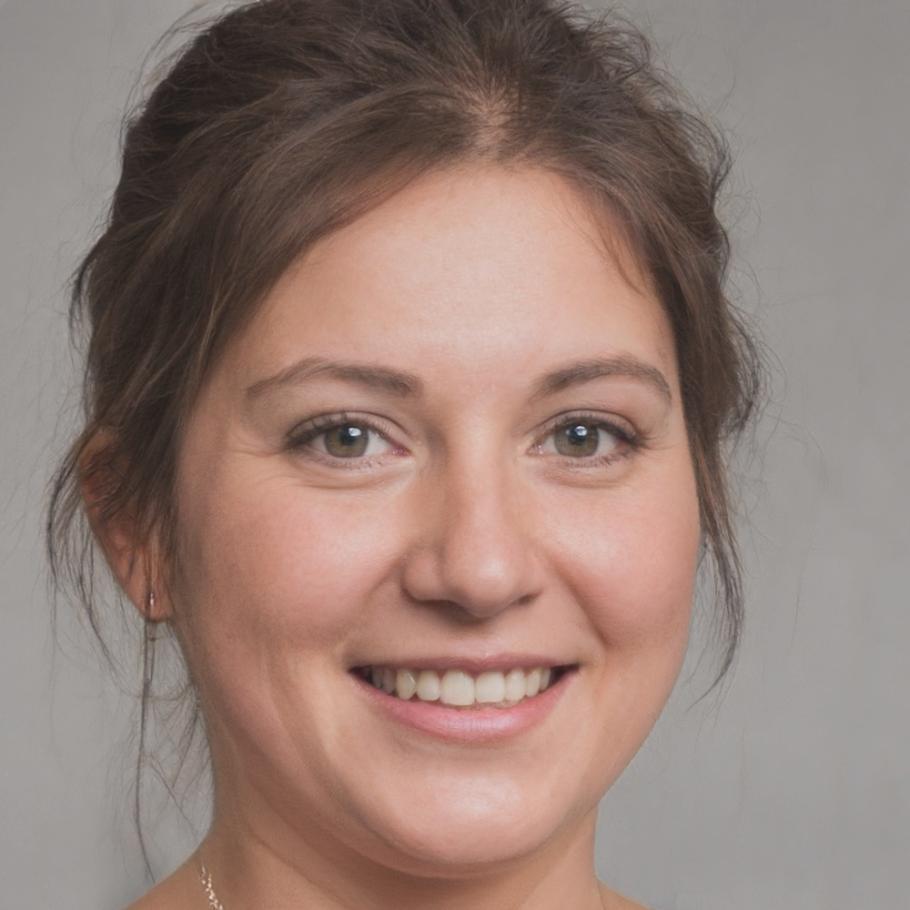Master Financial Valuation Through Real Application
Our program runs from September 2025 through March 2026, giving you six months to build actual valuation skills you'll use immediately. We work with companies across Taiwan's manufacturing and tech sectors, so you'll practice on real businesses—not just textbook examples.
DCF Modeling
Build discounted cash flow models that reflect Taiwan's unique market conditions and regulatory environment.
Comparable Analysis
Learn to identify relevant comparables in both local and regional markets, accounting for different accounting standards.
Risk Assessment
Evaluate currency exposure, regional political factors, and sector-specific risks in cross-border valuations.
What You'll Actually Learn
Each month builds on the previous one. You'll start with fundamental concepts and end up performing full valuations on actual companies. We've structured this based on what works—not what looks good in a course outline.
Financial Statement Analysis
Weeks 1-4Reading financial statements is different when you're preparing to value a company. We focus on adjustments—normalizing earnings, identifying non-recurring items, and understanding how local accounting standards differ from IFRS. You'll work with actual statements from Taiwanese manufacturers to practice these adjustments.
Cost of Capital Calculation
Weeks 5-8Determining discount rates involves judgment. We teach you how to select appropriate beta values, estimate country risk premiums, and adjust for size premiums in emerging markets. This module includes case studies from both stable and volatile market periods so you understand how rates shift.
DCF Model Construction
Weeks 9-14Building a DCF model takes practice. You'll construct models for three different industries—technology, manufacturing, and services—learning how to forecast revenue, model working capital, and calculate terminal values. Each industry requires different assumptions, and we'll show you why.
Comparable Company Analysis
Weeks 15-18Market multiples only work when companies are actually comparable. This module teaches you to screen for true peers, make necessary adjustments for size and growth differences, and apply multiples appropriately. You'll work with datasets from Taiwan Stock Exchange and regional markets.
Full Valuation Projects
Weeks 19-24The final six weeks involve complete valuations. You'll receive financial data from three companies (anonymized but real), perform full analyses using both DCF and comparable methods, write up your findings, and present to the group. This mirrors what you'd do in an actual analyst role.



Who Teaches This Program
Leif Brandsma spent twelve years as a sell-side equity analyst covering industrial companies before switching to consulting work. He's valued over 200 companies in various industries and knows which methods work better in practice than in theory.
Anja Vesterinen worked in M&A advisory for a decade before joining our team. She's been on both sides of valuation discussions—preparing materials for buyers and reviewing them as a seller's advisor. That perspective helps students understand how valuations get used in real negotiations.
- Combined 22 years of valuation experience across multiple sectors
- Worked on transactions ranging from NT$50M to NT$5B enterprise value
- Regular contributors to Taiwan Financial Analysts Association publications
- Both hold CFA charter and maintain active client work alongside teaching
Program Investment
We offer two ways to participate depending on how intensively you want to engage with the material. Both options include all course content, but they differ in practice opportunities and feedback.
Standard Track
- All video lectures and course materials
- Access to practice datasets
- Monthly group Q&A sessions
- Community forum access
- Self-paced completion within 8 months
- Certificate upon finishing final project
Intensive Track
Most popular option
- Everything in Standard Track
- Weekly live sessions with instructors
- Individual feedback on all assignments
- Three one-on-one review sessions
- Priority access to practice companies
- Job interview preparation assistance
Payment plans available: Split your tuition into three installments (September, November, January) with no additional fees.
Corporate enrollment: We offer group rates for companies enrolling three or more analysts. Contact us for details on in-house customization options.
Program begins September 15, 2025. Early enrollment closes August 25, 2025. Limited to 30 students per track to maintain quality of instruction and feedback.
I'd been doing basic financial analysis for three years but never really understood valuation beyond simple P/E ratios. This program changed that completely. The DCF module alone was worth the tuition—I now build models that my senior analysts actually use. What made the biggest difference was working through real company examples rather than hypothetical cases. You see all the messy parts that textbooks skip over.